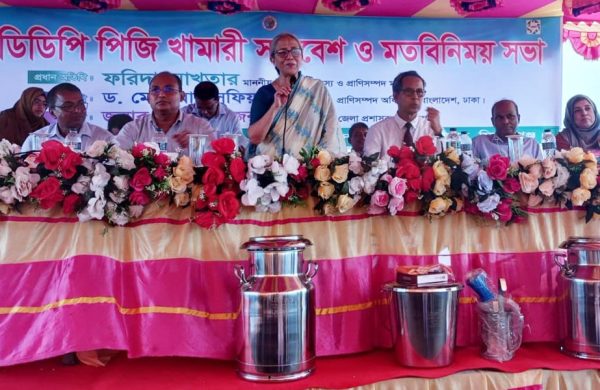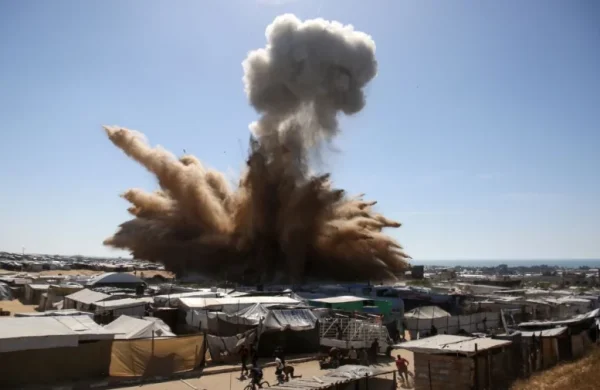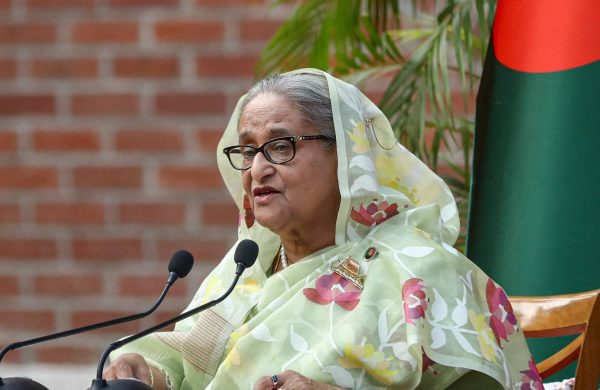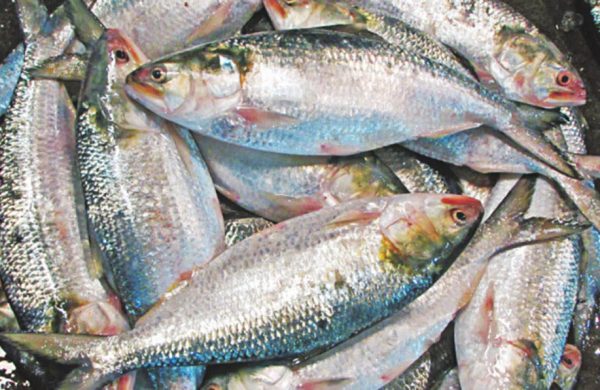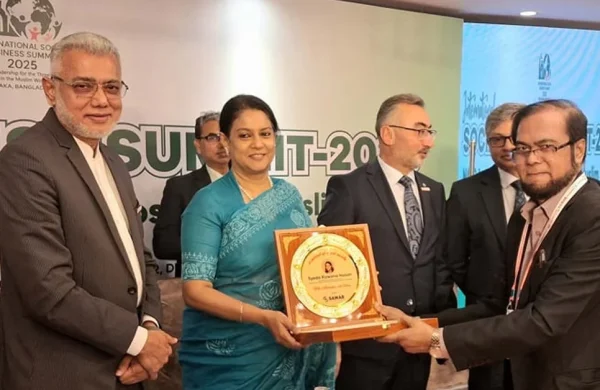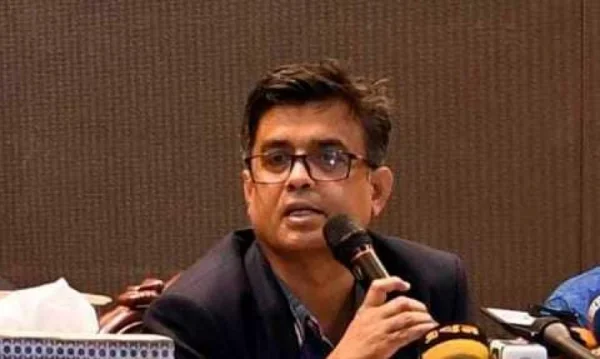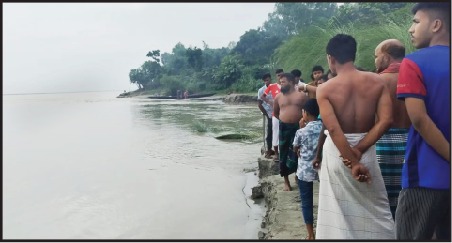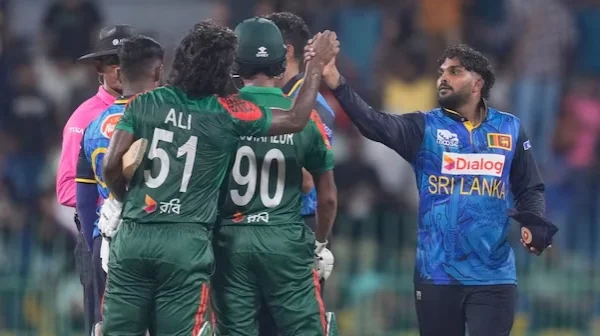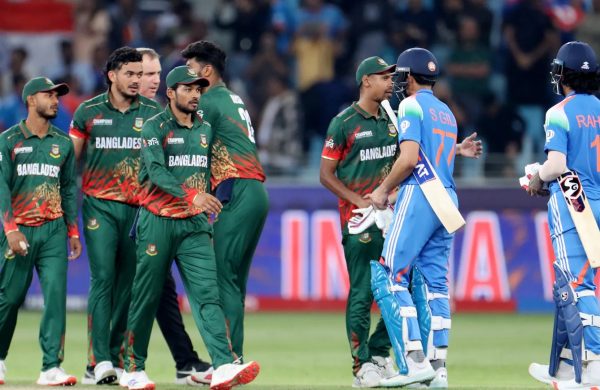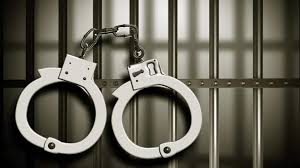Work started with 6 outlines to restore order on roads
- Update Time : Friday, September 27, 2024
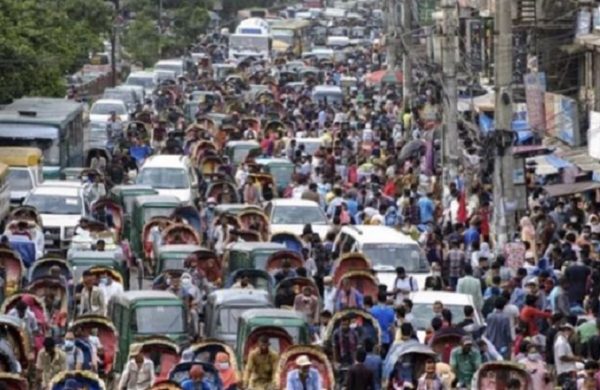
TDS Desk:
Chief adviser Dr Muhammad Yunus has taken the initiative to transition from the unbearable traffic system. BUET experts have been tasked to find ways to solve the crisis. Initially, they started working with 6 point outline.
However, experts say that a long-term solution requires improving the public transport system.
Suffering on the road is inextricably linked with the fate of Dhaka residents. Although various governments have shown hope of relief, at the end of the day, nightmares are the companions of the city dwellers. The traffic system has been largely dysfunctional after the ousted of the Sheikh Hasina government on August 5. The interim government is trying to find a way to solve the crisis through domestic and low-cost solutions. The Chief Adviser tasked two BUET experts to find a way out.
So far, six recommendations have been made. The plan is to run a trial run from High Court Junction to Abdullahpur in the next three weeks.
6 outlines are-
1- Removal of unregistered rickshaws, autorickshaws and easy bikes from main roads.
2- To activate traffic police in law enforcement.
3- No parking of vehicles within 50 meters of every road junction and 100 meters on important connecting roads.
4- Ensuring orderly up and down of passengers at designated places.
5- Ensuring signal cycle of 2 to 3 minutes in less busy signals and maximum of 5 minutes in busy signals.
6- Formation of 6 to 8 mobile traffic monitoring teams to solve immediate problems.
Buet’s former director of Accident Research Institute Md. Hadiuzzaman said that the solution should be found by keeping the traffic police on the road. Nothing modern can be imposed without working out the grammar in the chaotic management we have. The one we’re thinking about is pretty much semi-automated. Flexible signal lights. There will be automation and also the traffic police can change the time manually.
Dhaka Road Transport Coordinating Authority will perform the main responsibility for this traffic management and traffic police department will be responsible for its implementation. The police are optimistic about the benefits of this plan.
Additional Police Commissioner of Dhaka Metropolitan Police (DMP) Khondkar Najmul Hasan said that when people get used to the signal, a constable will be able to control the entire traffic signal. Where currently five people work. But when the people get used to it, the other 4 people can take care of the other tasks. Then people will not disobey the signal. Police can never improve the traffic system by enforcing the law. If drivers and passengers obey the law then the police will be able to enforce the law and the traffic system will improve.
Experts say that in the long run, to restore discipline in Dhaka’s traffic system, 70 per cent of the 2 crore daily trips must be made by bus. All buses should be run under the sole ownership of the state.
Dr. Md. Hadiuzzaman said, the government has to control. Buses that do not have a route permit should be removed from the route. The government should first work on the buses which are fit for running. Gradually there will be investment and bus standards will change, there will be separate lanes. If desired, they will be given priority in signalling. Then the buses can be brought into an order.
According to research, financial loss in the capital is at least 50,000 crore taka annually. Much of which will be saved if the situation improves. People will get relief in city life too.


